Loyola Chicago Med School DACA Recipient Attending State of the Union
BY ISN STAFF | January 30, 2018
Cesar Montelongo, a medical student at Loyola University Chicago’s Stritch School of Medicine who has temporary protected status under the Deferred Action for Childhood Arrivals (DACA) program, will attend President Trump’s State of the Union Address to Congress tonight at the U.S. Capitol as a guest of Senator Dick Durbin (D-IL). According to a list published by CNN, Cesar will be one of at least 22 DACA recipients invited by members of the U.S. House and Senate to hear President Trump’s speech in-person.
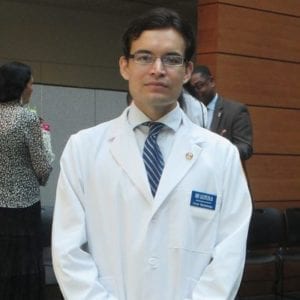
Cesar Montelongo, a third year medical student at Loyola University Chicago’s Stritch School of Medicine [Loyola University Chicago]
In 2014, Loyola’s Stritch School of Medicine became the first medical school in the country to publicly accept undocumented medical students. Citing their Jesuit mission regarding their acceptance of DACA students, the school notes it is the dignity or worth of persons calls the school to “steward the talents of qualified applicants rather than reject their contributions for arbitrary and arcane reasons,” and that social justice requires that school “foster the conditions for full participation in the community by all members of our community.”
“It’s very difficult to wake up every day and see the headlines telling me that my future may play out in any given manner and just having to think about what’s going to happen every single day.”– Cesar Montelongo Hernandez, a Dreamer in medical school https://t.co/hOo70pAxZY
— Ana Cabrera (@AnaCabrera) January 28, 2018
In July 2017, Senator Durbin co-introduced the Dream Act of 2017 with Senator Lindsey Graham (R-SC), bipartisan legislation that would allow immigrant students who grew up in the United States to earn lawful permanent residence and eventually American citizenship. The Dream Act includes a number of qualifications to obtain access to this path including: that they came to the U.S. as children, graduate from high school or obtain a GED, pursue higher education and work lawfully for at least three years or serve in the military, pass security and law enforcement background checks and pay an application fee, demonstrate proficiency in English language and knowledge of U.S. history, and have not committed a felony or other serious crime or pose a security threat to the United States.
The Dream Act legislation would impact over 1 million people, including the estimated 800,000 DACA recipients who are living in limbo after the September 2017 decision by the Trump administration to terminate the DACA program on March 5, 2018. Since December 5, over 120 DACA recipients have lost their temporary status as it expired with no option to renew as the program is scaled down.
During tonight’s address, it is expected that President Trump will speak about the White House immigration proposal released last week. The proposal came on the heels of a brief government shutdown earlier this month as members of Congress debated whether to address the situation of DACA recipients.
While the President’s proposal includes a pathway to citizenship for an estimated 1.8 million young people, including DACA recipients and others who were eligible for DACA but did not apply, it also calls for $25 billion in border wall funding, the termination or serious restriction of legal immigration programs currently in place, including the family reunification program established by Congress in the 1960’s, and significant increases in border and enforcement officials that would allow the government to increase the detention and deportation in immigrant communities across the country.
Catholic leaders have been critical of the administration’s proposal thus far. Bill Canny, executive director of the U.S. Conference of Catholic Bishops Migration and Refugee Services Offices, told Catholic News Agency, “We don’t believe it’s the right time to take up all of these issues. Stay focused on the Dreamers – we know border security is an issue.”
“The White House proposal decimates the family immigration system and removes protections from asylum-seekers and unaccompanied children, among other harsh provisions,” said Kevin Appleby, Senior Director of the Catholic-based International Migration Policy Center for Migration Studies, in a recent article published by Catholic News Service. “The bishops and the Catholic community should be alarmed with the proposal, as it undermines core Catholic values of family unity and the protection of persons from persecution.”
Faith-based organizations, including the Ignatian Solidarity Network, continue to invite their networks to call for the passage of the Dream Act of 2017, because it does not pit one group of immigrants against another, recognizing that DACA recipients and other young people in similar situations are a unique population that should be addressed individually because they were brought to the U.S. as children.

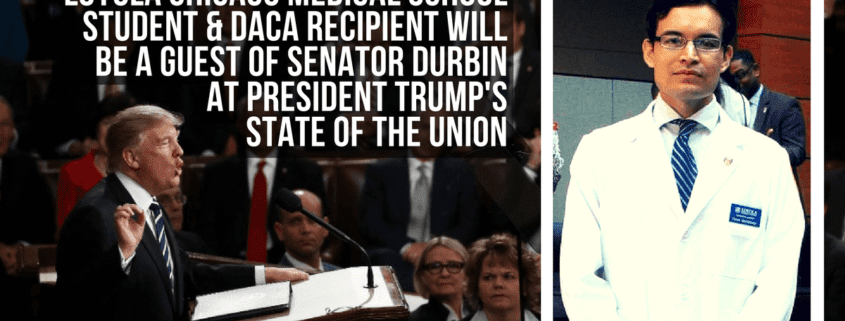
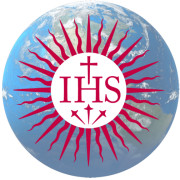
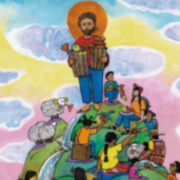

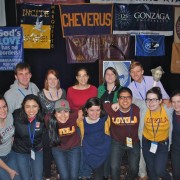
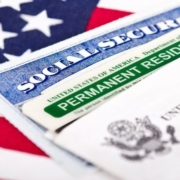
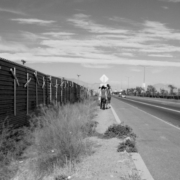

Wishing Cesar Montelongo and his fellow colleagues happy times ahead. God bless.